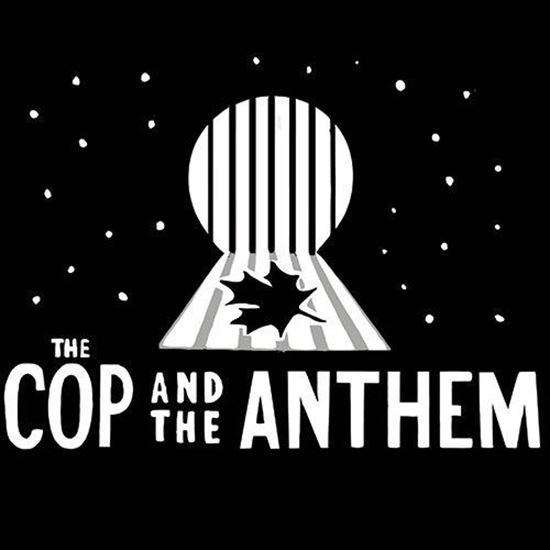





The Cop and the Anthem
Three hobos gather in New York City in the early 1900s. Winter is approaching, and they hatch a plan to get themselves arrested so they can winter in jail, where at least they will have a warm bed and three squares a day. They proceed with multiple attempts to get themselves nabbed, but each attempt fails, for one reason or another. Dejected, they wander the streets until they come to a church where they hear a Christmas hymn playing. The beauty of the scene and the power of the music prompts them to pledge to reform their lives and start afresh—and it’s at that moment they are arrested and sentenced to jail for vagrancy. A one-act play full of inspirational drollery and playful irony for 30 actors, or, with doubling, as few as 18. All the parts can be played by either male or female actors.
Productions
Behind The Scenes
With Kevin Stone
What inspired you to write this play?
O. Henry is a master storyteller. His stories are full of delightful irony and are worthy of being read and reread. I wanted to share one of his classics.
What's your favorite part or line in the play? Why?
I like all of Soapy's inspiring speeches, and I enjoy all the foiled attempts to be arrested, but probably my favorite part is near the end as the music and the spirits of the hoboes soar toward the "revolution of soul." The contrast between what could be and what ultimately happens is poignant, especially given the final appearance of the North Wind to close the story.
Tell us about the characters? Why did you decide to use them? How do they differ than the original?
The hoboes are noble, intelligent, and have a definite history. They have lost their way in the world and, for one reason or another, fallen short of their potential. But they continue to meet their challenges with poise and pluck. The original story has one hobo (Soapy). I divided that part into three to accommodate a larger cast and more acting opportunities.
What did you try to achieve with this adaptation?
One stipulation I had from the beginning was for the stage production to stay true to the wonderful vocabulary and playful wording of the original. If I was able to do that and relate the curious mix of playfulness and pathos of O. Henry's story, then the play is a success.
Do you have anything else you'd like to add?
The audiences loved the repeated appearance of the judge and the duck jumping off the plate with a "quack." I hope every cast involved in producing this play has great fun.
